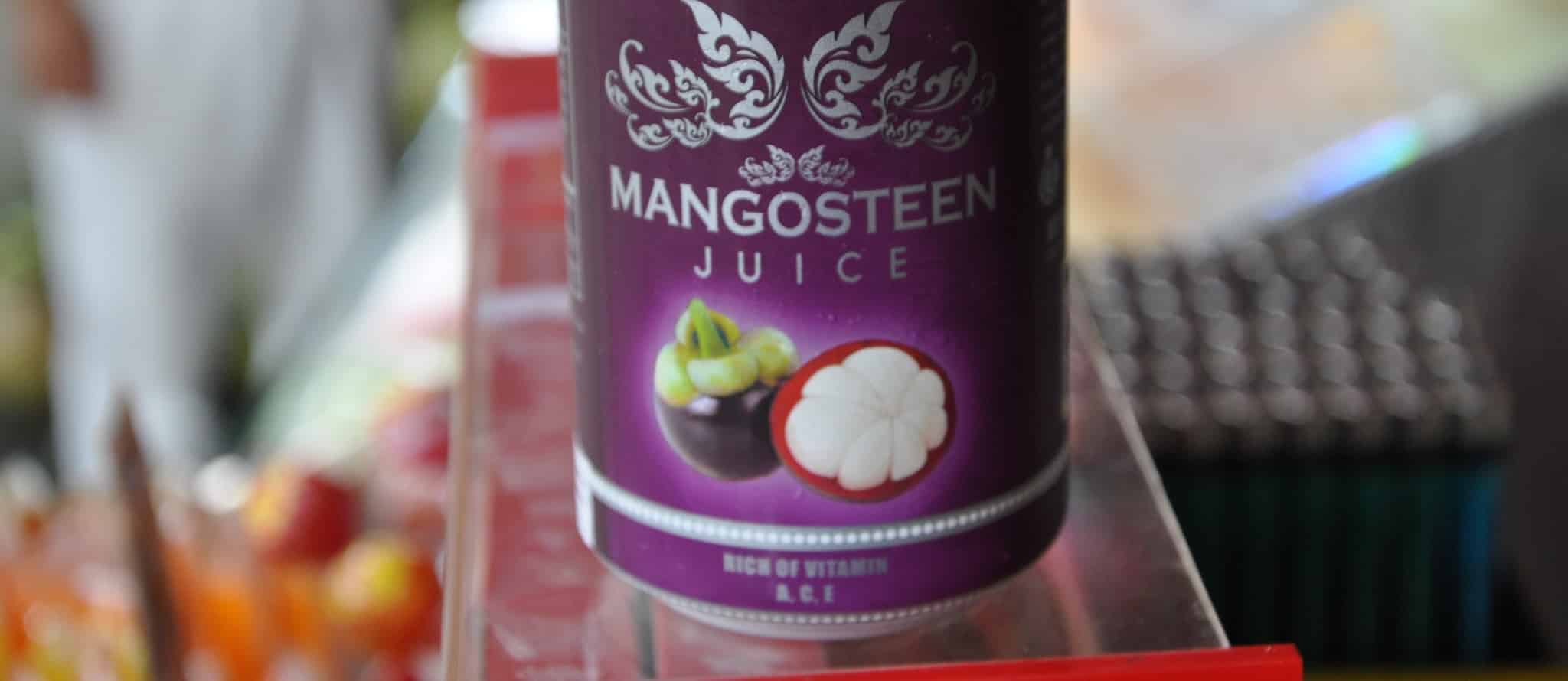There is now another case report of acute toxicity linked to noni juice ingestion, this time in a 14 year old. At least his liver didn’t fail completely like in two of the earlier cases. What do we expect from a product also known as “vomit fruit”? The multi-level marketing company that sells noni products blamed the aloe vera juice that the boy had also consumed, which is indeed something else I’d encourage folks not to drink. But what about all the scientific studies promoting these types of products bandied about on commercial websites?
Recently, a public health researcher published a review on the “Science in Liquid Dietary Supplement Promotion,” evidently a $23 billion dollar market. The review describes how “Central to the marketing of many such products is the citation of ’scientific studies’ supporting the product’s health claims. While these studies seem deliberately created for marketing purposes, their findings and quality are generally presented in a manner that appears designed to mislead potential consumers.”
The researcher uses the case of mangosteen juice—another product I’ve warned about in the past—as an “example of how widely marketed and consumed liquid dietary supplements use exaggeration and pseudoscience to bolster their web promotions of product effectiveness and safety.”
The multilevel marketing company that sells mangosteen cited a study they paid for to support its assertion that their product is “shown to be safe at all dosages tested” and indeed “safe for everyone.” The study, profiled in my video, Safety of Noni and Mangosteen Juice, involved exposing just 30 people to their product, with another ten given placebo. With so few people exposed, the stuff could kill 1 or 2% of people and you’d never even know.
Noni and mangosteen juice aren’t the only supplements “proven safe” by dubious research. A study of the multi-level marketing supplement Metabolife had 35 people on the stuff and they seemed to do just fine. Later, though, it had to be withdrawn from the market after being linked to 18 heart attacks, 26 strokes, 43 seizures and five deaths. Oops.
Hydroxycut was studied on 40 people. No serious adverse effects in the study, but later the same thing: withdrawn after dozens of cases of organ damage including massive hepatic necrosis requiring liver transplants and death.
And often times, in the multilevel marketing study researchers don’t disclose their funding sources, pretending to be objective scientists, but a little detective work exposed a whole web of financial conflicts of interest, “at best reducing the face-validity of findings, and at worst [they] represent deception.”
Other beverages that might be good to avoid include alcohol (Breast Cancer and Alcohol: How Much Is Safe?), soft drinks (Is Sodium Benzoate Harmful?), and yerba maté (Update on Yerba Maté).
I prefer water (Does a Drink of Water Make Children Smarter?), white tea (Antimutagenic Activity of Green Versus White Tea), and hibiscus tea (Better Than Green Tea?).
Other cautionary tales about supplements can be found in:
- Update on Herbalife®
- Update on Juice Plus+®
- Fish Oil in Troubled Waters
- Dietary Supplement Snake Oil
- Diet Pills Do a Fat Lot of Good
- Heavy Metals in Protein Powder Supplements
- Get the Lead Out
- Heterocyclic Amines in Eggs, Cheese, and Creatine?
- Dangerous Advice from Health Food Store Employees
- Some Ayurvedic Medicine Worse Than Lead Paint Exposure
- Some Dietary Supplements May Be More Than a Waste of Money
- Carnitine, Choline, Cancer and Cholesterol: The TMAO Connection
- Infant Seizures Linked to Mother’s Spirulina Use
-Michael Greger, M.D.
PS: If you haven’t yet, you can subscribe to my videos for free by clicking here and watch my full 2012 – 2015 presentations Uprooting the Leading Causes of Death, More than an Apple a Day, From Table to Able, and Food as Medicine.
